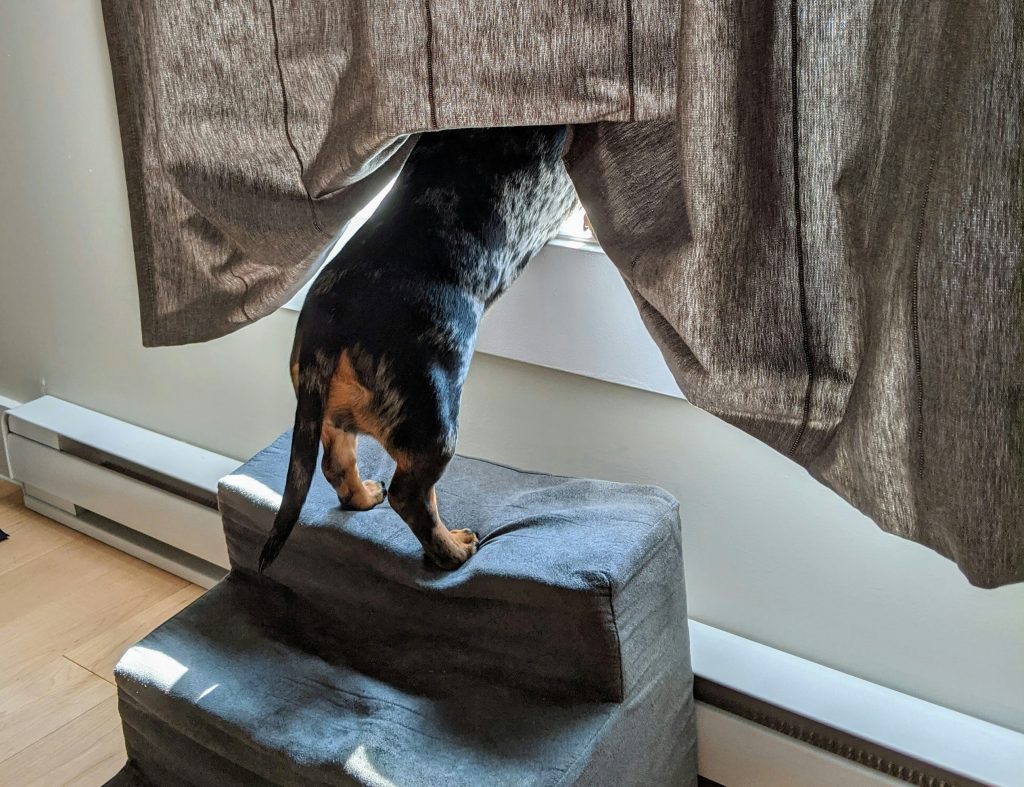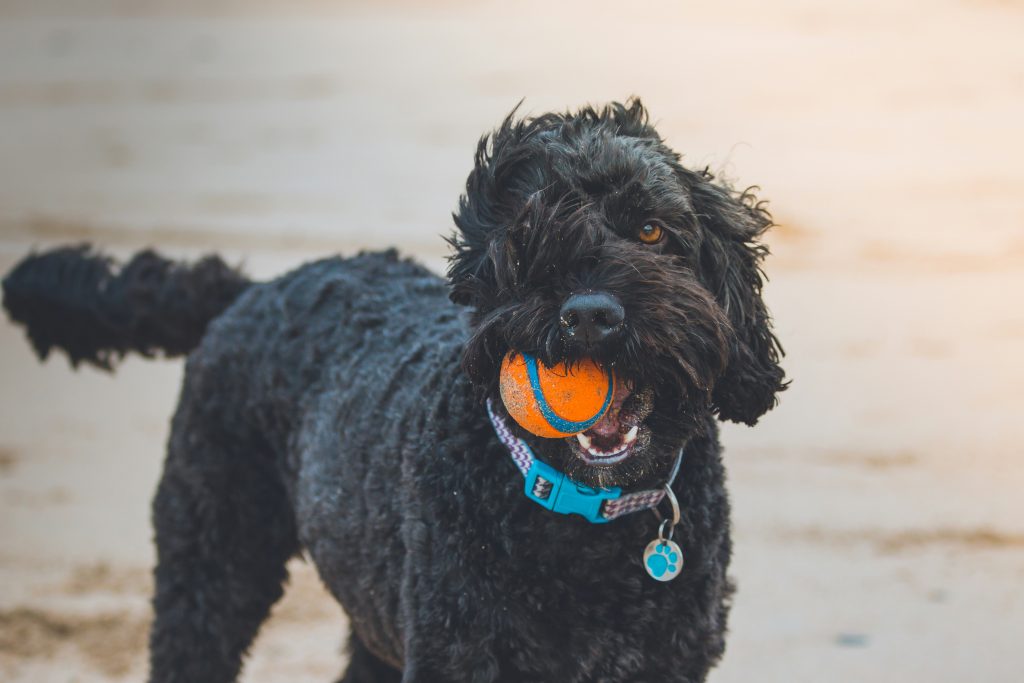Learn about the causes, symptoms, prevention, and veterinary treatment for anal gland problems in dogs, including the risks and considerations in anal gland care.

Overview of Anal Gland Problems in Dogs
Anal gland problems in dogs can be triggered by various factors that pet owners should be aware of to maintain their dog’s health. Poor gastrointestinal health is a common cause of anal gland issues in dogs, as it can lead to improper functioning of these small sacs near the anus. For instance, when a dog’s diet lacks sufficient fiber, it can result in soft stool, which may not effectively empty the anal glands during bowel movements, potentially causing problems. Additionally, allergies and abnormal anatomy can also play a role in predisposing dogs to anal gland complications, highlighting the importance of understanding these underlying causes.
Chronic skin dermatitis is another significant factor that can contribute to anal gland problems in dogs. Skin issues can lead to discomfort and inflammation around the anal area, affecting the normal expression of anal gland fluid. For example, constant itching and scratching due to dermatitis can disrupt the natural emptying of anal glands, increasing the risk of impaction and related complications. Therefore, addressing skin conditions promptly and ensuring proper dermatological care for dogs can help prevent secondary issues like anal gland problems, emphasizing the holistic approach needed for canine well-being.
Common Causes of Anal Gland Problems
Poor gastrointestinal health is a significant contributor to anal gland problems in dogs. When a dog’s gastrointestinal system is not functioning optimally, it can impact the natural emptying of the anal glands, leading to issues like impaction and infections. For example, if a dog has a diet that lacks sufficient dietary fiber, it can result in soft stool, which may not provide the necessary pressure to express the anal glands during bowel movements.
Soft stool is another common cause of anal gland problems in dogs. When feces are not firm enough, the anal glands may not be adequately emptied during defecation, increasing the risk of impaction. This scenario can create discomfort for the dog and potentially lead to infections if left untreated. For instance, dogs with chronic diarrhea may be more prone to anal gland issues due to the consistent presence of loose stool.
Furthermore, allergies and abnormal anatomy can also play a role in the development of anal gland problems in dogs. Allergies that result in skin inflammation or excessive licking around the anal area can impact the functionality of the anal glands. Similarly, dogs with anatomical abnormalities, such as narrow anal gland openings, may experience difficulties with the natural emptying process, making them more susceptible to gland-related complications. Addressing these underlying causes is crucial in maintaining the health and well-being of a dog’s anal glands.

Symptoms and Signs of Anal Gland Issues
When it comes to identifying anal gland issues in dogs, various symptoms and signs can serve as red flags for pet owners. One common behavior seen in dogs with anal gland problems is scooting, where the dog drags its bottom along the ground. This action is an instinctual response to alleviate the discomfort caused by the impacted anal glands. Observing such behavior should prompt a closer inspection of the dog’s anal region and a visit to the veterinarian for a proper assessment and treatment.
In addition to scooting, dogs may also display signs of agitation or restlessness. This can manifest as increased tail chasing or excessive grooming of the hindquarters, indicating that the dog is experiencing discomfort in that area. Furthermore, dogs with anal gland problems may exhibit changes in their bowel movements, such as straining during defecation or producing loose stools. These alterations in the dog’s bathroom habits can be linked to the underlying anal gland issues and should not be overlooked by pet owners. Seeking veterinary advice in such instances is crucial to address the problem effectively and prevent further complications down the line.
Preventative Measures for Anal Gland Problems
Preventing anal gland problems in dogs involves various measures that can significantly impact their overall well-being. Regular exercise plays a vital role in maintaining a dog’s health, including the proper functioning of anal glands. For instance, taking dogs for daily walks or engaging them in interactive play not only benefits their physical fitness but also helps in promoting regular bowel movements, which can aid in preventing anal gland complications.
Furthermore, a balanced diet is crucial in preventing obesity-related issues that may lead to anal gland problems in dogs. By providing a diet tailored to meet a dog’s nutritional needs without overfeeding, pet owners can help maintain their canine companion at a healthy weight. For example, feeding high-quality dog food with the right balance of nutrients can contribute to healthy digestion and stool consistency, reducing the risk of anal gland impaction due to obesity.
In addition to exercise and diet, incorporating probiotics into a dog’s daily nutrition regimen can be beneficial in supporting gastrointestinal health and potentially preventing anal gland issues. Probiotics are known to promote the growth of beneficial gut bacteria, which can aid in digestion and regulate bowel movements. By ensuring a healthy balance of gut flora, probiotics may help prevent soft stools, one of the common causes of anal gland problems in dogs, thus reducing the likelihood of complications associated with anal gland issues.
Veterinary Treatment for Anal Gland Problems
When anal gland issues become severe, veterinarians have various treatment options available to alleviate discomfort and prevent further complications in dogs. Alongside manual expression of the anal glands, vets may suggest surgical removal of the anal sacs as a viable solution, especially in cases where other treatments have been ineffective. For instance, older dogs with recurrent anal gland problems might benefit from surgical intervention to address underlying issues or prevent the development of more severe conditions such as anal sac cancer.
Moreover, in cases where preventive measures like dietary changes and increased fiber intake have not yielded the desired results, veterinarians often turn to supplements like Glandex® to promote healthy anal gland function in dogs. These supplements are formulated to provide additional support to the anal glands, aiding in proper emptying and reducing the likelihood of impaction. By incorporating such supplements into a dog’s routine as per the veterinarian’s guidance, pet owners can actively contribute to maintaining their furry companion’s anal gland health and overall well-being.
In addition, pet owners must understand the importance of adhering to their veterinarian’s recommendations regarding the frequency of anal gland expression. While it may seem like a simple procedure, improper or excessive manual expression of anal glands at home can lead to injuries or complications for the dog. Therefore, by entrusting this task to trained professionals, dog owners can ensure that their pets receive the necessary care and attention required to manage anal gland issues effectively and safely. Regular communication and collaboration with the veterinary team are key in addressing anal gland problems comprehensively and proactively.

Risks and Considerations in Anal Gland Care
It is vital to understand that attempting to express a dog’s anal glands at home without proper training can lead to unintended injuries and complications for the pet. For instance, improper squeezing techniques can cause pain, bruising, or even damage to the anal gland tissue, potentially exacerbating the existing problem rather than alleviating it. Therefore, pet owners should refrain from DIY methods and instead rely on trained veterinary professionals to address anal gland issues safely and effectively.
Moreover, although instances of anal sac cancer in dogs are relatively uncommon, they can occur, particularly in older dogs with persistent anal gland issues. This highlights the necessity of regular veterinary examinations to monitor the health of the anal glands and detect any abnormalities early on. By keeping up with routine check-ups, veterinarians can promptly identify any concerning changes, provide appropriate interventions, and offer the best possible care to mitigate the risks associated with anal gland complications. In essence, proactive veterinary care plays a pivotal role in safeguarding the overall well-being of dogs and maintaining their anal gland health.
